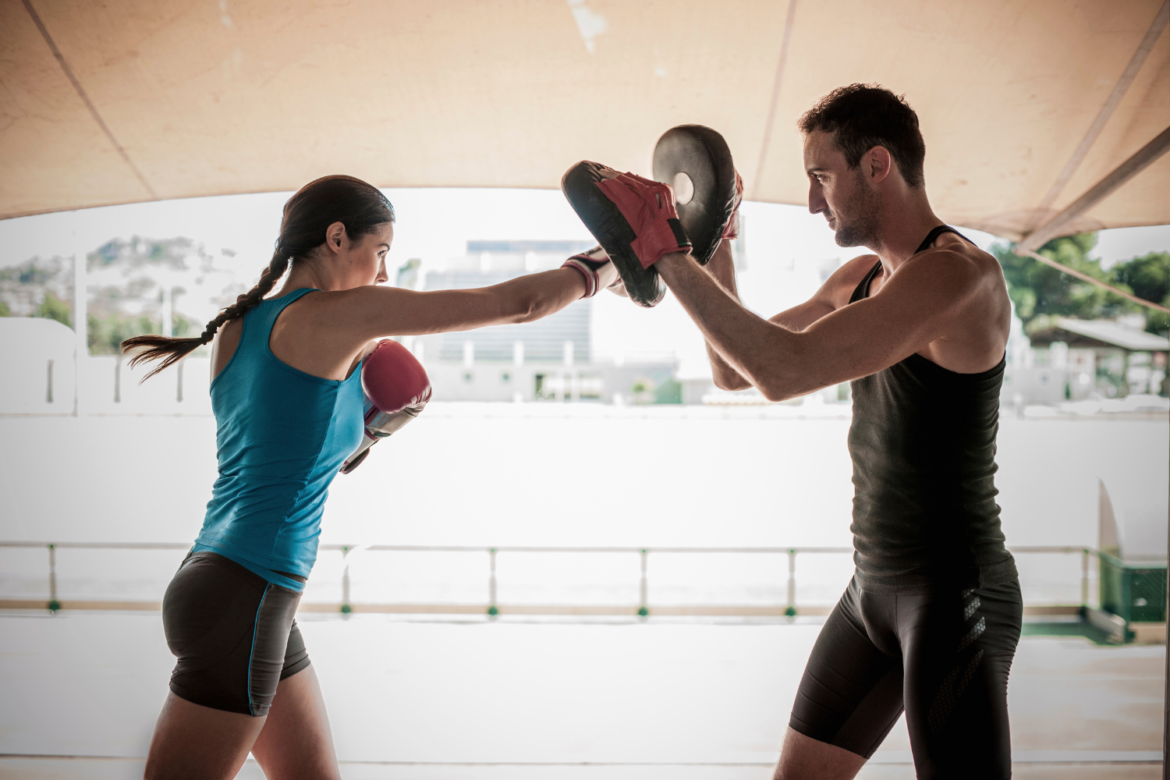Table of Contents
- Introduction
- Genetics and Sports Performance: A Research Study
- The Impact of Training and Food on Athletic Achievement: A Scientific View
- Psychological Factors and How They Impact Athletic Success: A Scientific Study
- Rest and recovery are very important for improving athletic performance. Science shows that athletes need time to rest to perform at their best.
- This research study looks at how technology and sports science can help make sports performance better.
Introduction
Welcome to our guide on what helps athletes do their best. In sports, doing well is not just about talent and hard work. It is also about understanding what impacts how athletes perform. In this article, we will explore several scientific ideas that support athletes’ success. We hope this offers useful tips for both athletes and coaches. So, let’s begin and discover the main factors that can help athletes give their best in their sports.
Genetics and Sports Performance: A Research Study
Genetics plays a big role in how well a person performs in sports. This happens because our genes affect several body factors related to athletic ability. In this text, we will explore how genetics shapes athletic performance and relates to a person’s chances of doing well in sports.
First, genetics can influence a person’s body, like muscle type, bone structure, and size. These traits can affect an athlete’s speed and strength, which are important for success in many sports. For example, people with more fast-twitch muscle fibers usually excel in quick sports like sprinting and weightlifting. On the other hand, those with more slow-twitch muscle fibers tend to be better at endurance events, like long-distance running.
Moreover, genetics also impact a person’s heart and lungs. These organs supply oxygen and nutrients to muscles during exercise. Changes in genes that control heart rate and how well blood carries oxygen can affect an athlete’s ability to last during activities and bounce back afterward.
Another key part of athletic skill influenced by genetics is how well someone responds to training. Some people are naturally better at high-intensity workouts or endurance training. This can give them an advantage in their chosen sports and help them reach their best performance.
However, it’s important to know that genetics is not the only factor in athletic skill. Environmental factors, such as diet, training habits, and lifestyle choices, also play a significant role. While genes provide the groundwork for athletic skill, it’s a mix of genetics and other influences that

The Impact of Training and Food on Athletic Achievement: A Scientific View
The impact of training and nutrition on success in sports has captured many people’s interest over the years. As sports science evolves, it helps us see how important it is for athletes to have a scientific approach to training and eating.
Training and nutrition are two key elements that can greatly influence an athlete’s performance. Good training helps athletes develop the physical and mental skills needed to excel in their sport. At the same time, nutrition provides the energy and nutrients necessary for top performance.
A scientific method for training involves using proven steps to create programs tailored to each athlete’s needs. This approach looks at factors like the athlete’s age, gender, fitness level, and the demands of their sport. By using these scientific ideas, coaches can support athletes in achieving their best and reduce the risk of injuries.
Nutrition plays a major role in an athlete’s success, too. A balanced diet with the right amounts of carbohydrates, proteins, fats, vitamins, and minerals is key for peak performance. Research indicates that certain nutrients can enhance performance, aid recovery, and help prevent injuries.
In a scientific approach to nutrition, meal plans are designed to meet each athlete’s specific needs and goals. This may involve adjusting when and what they eat to boost energy and support recovery.
In conclusion, we must recognize how training and nutrition influence success in sports. By following a scientific approach to these vital factors, athletes can improve their performance, reduce injuries, and reach their potential. Coaches, trainers, and athletes should work together on this.
Psychological Factors and How They Impact Athletic Success: A Scientific Study
Psychological factors are very important in sports. They can change how well an athlete performs. These factors include motivation, self-belief, mental strength, and focus, among others. In this study, we will look closely at the different mental elements that can shape an athlete’s performance. We will also see how these parts can be used to get better results. By learning about the mental side of sports, coaches and athletes can come up with ways to improve their mindsets and increase their performance. This study will provide clear insights into how the mind and body work together in sports. It will also show the importance of these psychological factors in reaching goals in athletics.

Rest and recovery are very important for improving athletic performance. Science shows that athletes need time to rest to perform at their best.
Rest and recovery are often overlooked in athletic training, but they are very important for better performance. Rest and recovery allow the body to heal and adapt to the stress from training. This can help improve performance and lower the chance of getting injured.
When you work out, your body deals with stress. This leads to small tears in muscles and uses energy. Taking time to rest helps the body repair these tears and restore energy, making the muscles stronger. Without enough rest, your body may not recover. This can result in lower performance and a higher risk of injury.
Rest and recovery are essential for avoiding overtraining. Overtraining occurs when athletes don’t rest enough. This can lead to lasting tiredness and worse performance. It also increases the chance of injury or getting sick. By including rest in training plans, athletes can prevent overtraining and perform well.
On a physical level, rest and recovery help keep hormone levels balanced and support a healthy immune system. Exercise releases stress hormones, like cortisol, which can harm the body without enough rest. A proper rest period helps the immune system function well, reducing the risk of getting sick and allowing the body to heal.
In short, rest and recovery are vital to athletic training and should receive more focus. They play a key role in helping the body heal, avoiding overtraining, and maintaining hormone balance. If athletes prioritize rest and recovery, they can improve their performance and achieve their goals.
This research study looks at how technology and sports science can help make sports performance better.
The study examines how technology and sports science influence athletes’ success. As technology advances and sports science expands, it greatly affects how athletes perform. This study will explore different tools and methods used in sports science and how they assist in improving athletic performance. It will also look for any downsides or limits that come with using too much technology and sports science in sports. Through this research, we aim to provide a clear understanding of how technology and sports science support athletes in succeeding and what this means for the future of sports. The study will stay neutral, sharing the findings without any bias or personal opinions.






![[Tangram Factory] Smart Rope - LED embedded Jump Rope - See your fitness data in MID-AIR](https://m.media-amazon.com/images/I/51nZqyNDclL._SS520_.jpg)


